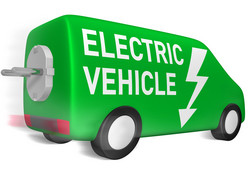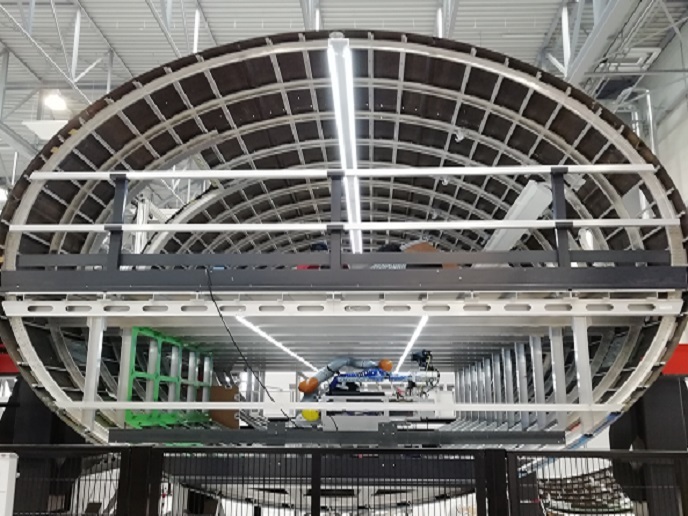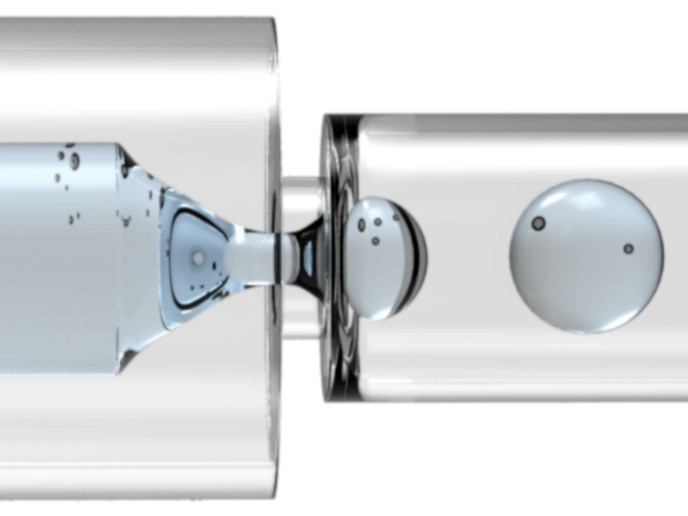The future delivery van
Drivers of delivery vehicles exit and enter the vans many times per day. Yet, most European delivery vehicles are essentially normal cars or trucks, not designed for such usage, hence causing ergonomic strain. The EU-funded DELIVER (Design of electric light vans for environment-impact reduction) project aimed to design a more ergonomic vehicle. Doing so required a rethink of standard vehicle architectures, including payload area and engine systems. A further goal was a general increase in energy and delivery efficiency. The new design concepts include two in-wheel electric motors with two-speed transmission. The team first analysed design needs and the economics of low-volume production. Early sketches were refined and translated into detailed designs, and finally a physical prototype. The design phase covered vehicle systems including: architecture, ergonomics, chassis and suspension, drivetrain, body structure and aerodynamics. Design work resulted in a new, highly ergonomic electric drivetrain vehicle. Locating the battery in the middle of the floor frees space for innovative front-end safety systems intended to absorb crash impact. Such a feature removes the need for door sills, allowing instead a walk-in concept that reduces entry/exit obstacles. DELIVER's vehicle offers separate motors for drive wheels, eliminating the need for a conventional drivetrain transmission tunnel. The team used the available space for a swivel driver seat, again facilitating driver entry and exit. Electric motors propel the vehicle up to 100 km/h and the battery pack offers a range of 120 km. The consortium completed the prototype in April 2014. The team followed with successful testing of driving dynamics, acoustics, electromagnetic compatibility and efficiency, plus ergonomics. Researchers presented the system at numerous conferences and events. The team produced four issues of a newsletter, and the project launched a comprehensive public website. DELIVER's new van offers a design that is more ergonomic, comfortable and efficient. Use of the vehicle promises fuel savings and improved air quality, offering opportunities for European businesses.
Keywords
Delivery van, electric motors, ergonomic, vehicles, drivetrain







